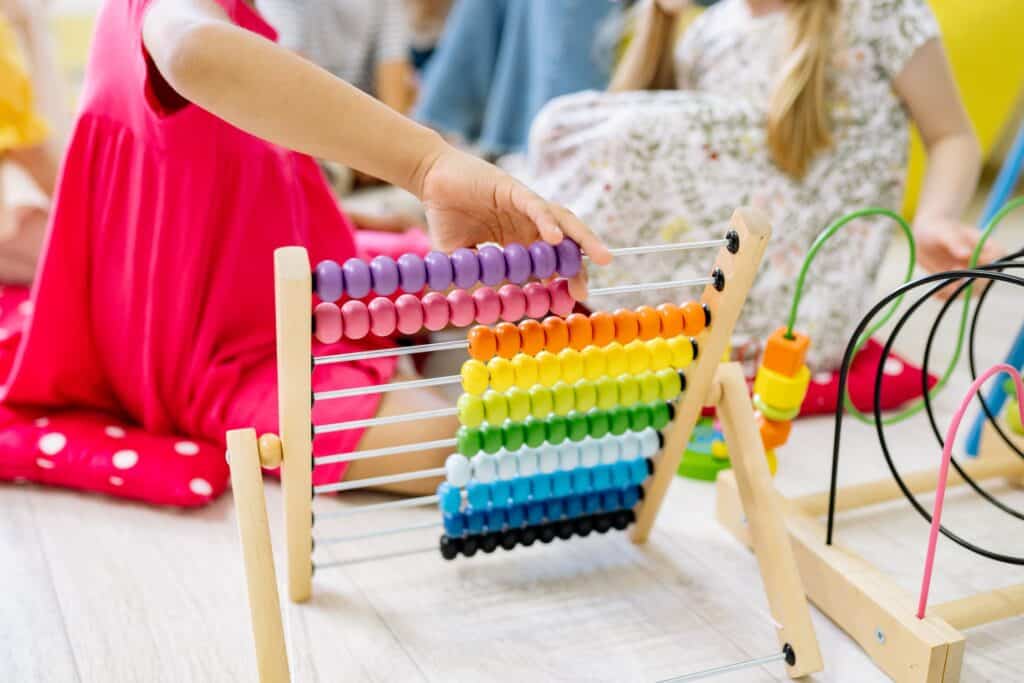As parents, we want our children to have every advantage in life- including receiving a top-notch education. While some children may take readily to school settings and others may need some convincing, there are steps we can all take as parents getting our kids ready for early education that will help set them up for success whether they’re two or five years old when starting out.
No matter how old your child is when beginning their educational journey, remember that YOU are their best advocate and cheerleader so equipped with these tips plus lots of patience and support, your little one will thrive in any schooling setting!
Find the right facility for your child
When it comes to finding the right facility for your child, research and homework are necessary. It pays to look beyond the surface and be sure that the practice is a good fit for both your and your child’s needs.
Are the instructors genuinely invested in helping children learn? Is their classroom a positive environment that your child will look forward to attending? Are practices run with a degree of professionalism, or does it feel too casual for comfort? With so many facilities to choose from, from more familiar ones like Mother Duck Childcare, to local ones that will require deeper research, you want to be sure to pick an option that fits into your lifestyle and values as much as possible. Compare different providers carefully before making any decisions, so that you can be sure you’ve found exactly what works best for your family.
Find the right program for your child
Indeed, many early education programs are available nowadays, making the selection process overwhelming for parents. Understanding the preschool and kindergarten difference is crucial to choosing the right program for your child. These stages are foundational in your child’s educational journey but vary significantly.
Preschool typically caters to children aged 2 to 4, focusing on preparing them for formal schooling with a less structured curriculum emphasizing play, socialization, motor skills, and early learning experiences. Preschool programs offer scheduling flexibility, with primary goals centered on social and emotional development, while cognitive skills take a secondary role.
Kindergarten, tailored to children aged 5 to 6, represents the initial year of elementary school with a structured academic curriculum covering reading, writing, and basic math. These programs typically run full day, aligning with the school calendar, to ready children for first grade by establishing a solid academic foundation.
Consider your child’s age, readiness, and educational goals when choosing between preschool and kindergarten. Factors to weigh include their readiness for academic structure, academic objectives, scheduling preferences, and local school requirements. Ultimately, the choice should align with your child’s social emotional learning needs and family’s preferences to ensure they thrive in the most suitable educational environment.
Help them practice writing their name and other simple words
Teaching kids how to write their names and other basic words, such as those in their own language, can be a fun and rewarding process. Start by talking your child through the letters of their name – A for Adam, D for David, etc – then get them to draw the letters on paper with a crayon or pencil. For added incentive, you could make it a game where they complete each letter before getting a sticker or small treat.
As kids become more confident in forming lines and curves correctly, move on to longer words that use the same set of letters like ‘mom’ or ‘dad’. Again, make it a challenge to keep them motivated by pointing out the similarities between one letter combination and another.
Counting objects is another activity you can do together to help with numbers recognition
As a parent, honing your kid’s number recognition and understanding of counting can be a lot easier than you anticipate. One great way to do it is together – with fun activities like counting objects. It’s surprisingly simple to do, just have them count different items around the house while they play or help with dinner or other tasks. This engages their minds in a very easy way to start thinking and understanding how numbers work and how we can use them every day. Keep it light-hearted and entertaining and before you know it, your kid will be more confident in their grasp of numbers than ever before!
Reading stories together helps with early literacy development
As a parent, you have plenty of opportunities to help your children learn and explore. One way to foster early literacy development is to read stories together as a family. Reading storybooks has countless benefits for young minds; it helps them not only recognize new words and concepts, but also builds on vocabulary, enriches the imagination, and encourages discussion. Hearing stories from different cultures and perspectives can even contribute to the development of empathy in children, something that is invaluable in their social lives.
So, next time you’re curled up with your family – whether it’s before bed or on a lazy Sunday afternoon – consider cuddling up with all your favorite stories
No matter where your child is, developmentally, there are always ways that you can help them grow and learn. From simple things like writing their name to more complex skills like early literacy development, every little bit counts. And the great news is that it doesn’t have to cost a lot of money or require a Ph.D. Something as easy as reading stories together can make a big impact. So get creative, have fun, and watch your child’s progress blossom before your eyes.
You may also like
-
Navigating the Post-Graduation Landscape: Challenges and Triumphs in Early Career Development
-
Social Media Platforms for Business Promotion
-
Understanding the Road To Becoming a Professional Chef
-
Studying in Alberta: Top 5 Steps to Prepare for College Life in the Heart of Canada
-
The Best Canadian Colleges and Institutes
